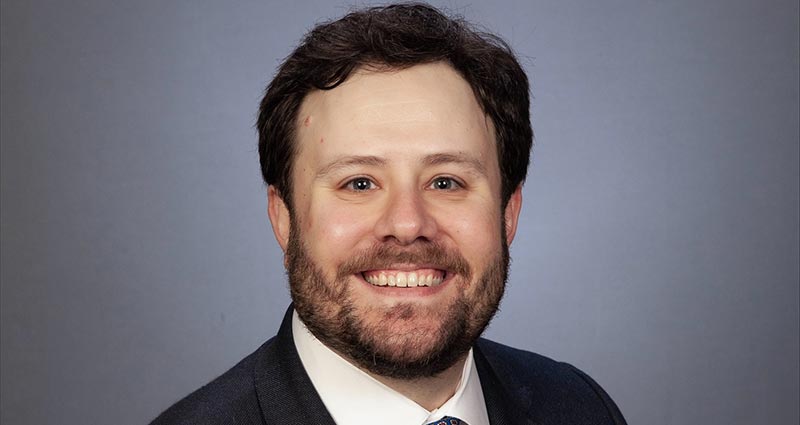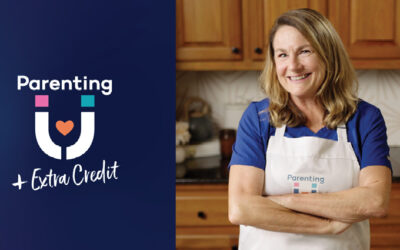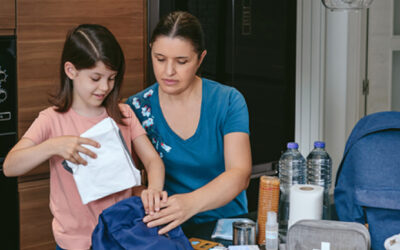Our health system has operationalized our Diversity, Equity & Inclusion work and created a report to share the impact of this foundational work. This team member profile and others share the story of these efforts and how their own impact is reflected in our work. We are committed to investing and improving to ensure diverse and inclusive environments where our patients, team members and communities can thrive.
Training the next generation of physicians to be more aware of diversity, equity and inclusion is part of our efforts as a health system.
Our Lady of the Lake is part of the Alliance for Independent Academic Medical Centers (AIAMC), an organization that hosts national 18-month learning collaboratives. The current initiative is called Justice, Equity, Diversity and Inclusion (JEDI) and is focused on discussions about diversity and inclusion in healthcare; strategies to counteract unconscious bias; and the importance of fostering an inclusive environment. Our Lady of the Lake is one of 28 academic hospitals participating in JEDI and is part of a cohort focused on curriculum and educational development.
Rich J. Vath, MAEd, senior director, dean of education for academic affairs for Our Lady of the Lake Regional Medical Center, is on the AIAMC programming committee and works as the administrative counterpart to Miranda Mitchell, MD. Melissa Roy, MD, pediatric hospitalist and program director of Our Lady of the Lake Pediatric Residency program, and pediatric resident Sara Javadi, MD, are also taking part in the JEDI project.
A goal for the regional medical center’s JEDI work is to develop two capstone experiences for new residents out of medical school: equity rounds and equity rotations. An equity round will provide the opportunity to look at a case through the lens of equity and have conversations about improving and learning from the experience. An equity rotation will be a two-to-four-week experience within the community, whether seeing patients or working in some other way with a community partner.
“One of the biggest hurdles to overcome with improving inequities in healthcare is creating experiences for our learners to recognize the distances in life experience between themselves and the patients they’re privileged to care for,” Vath says.
The efforts include building the coaching platform and framework to support these kinds of conversations and learning, with the end goal of providers who realize the true value of the social determinants of health tools being developed.




